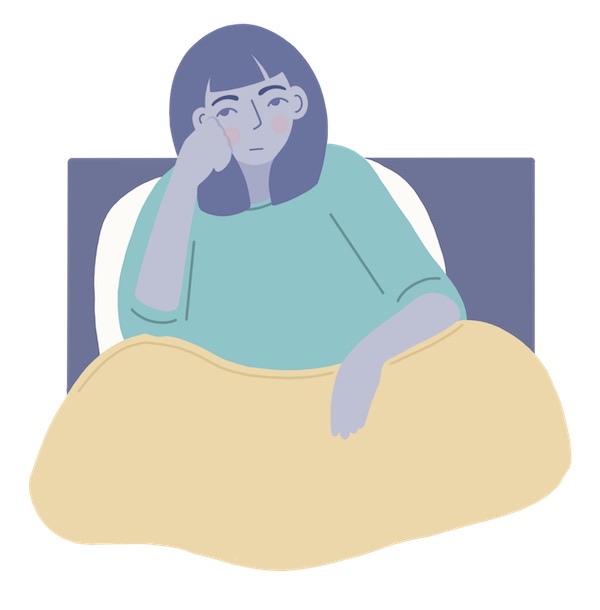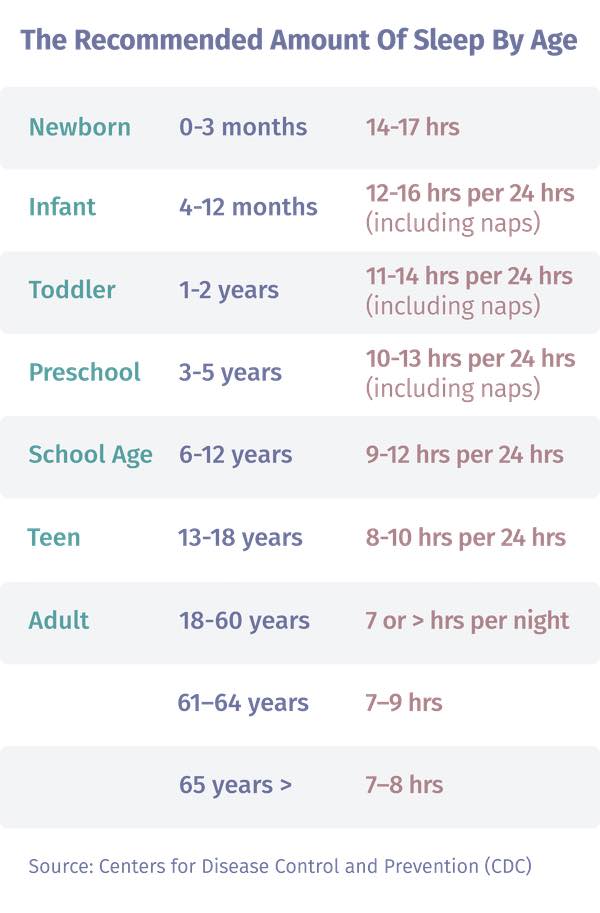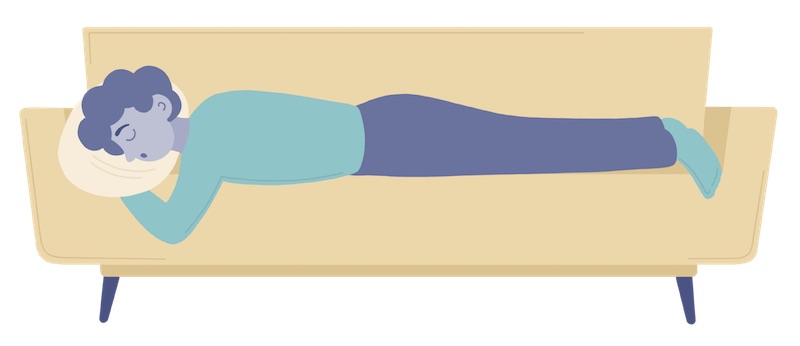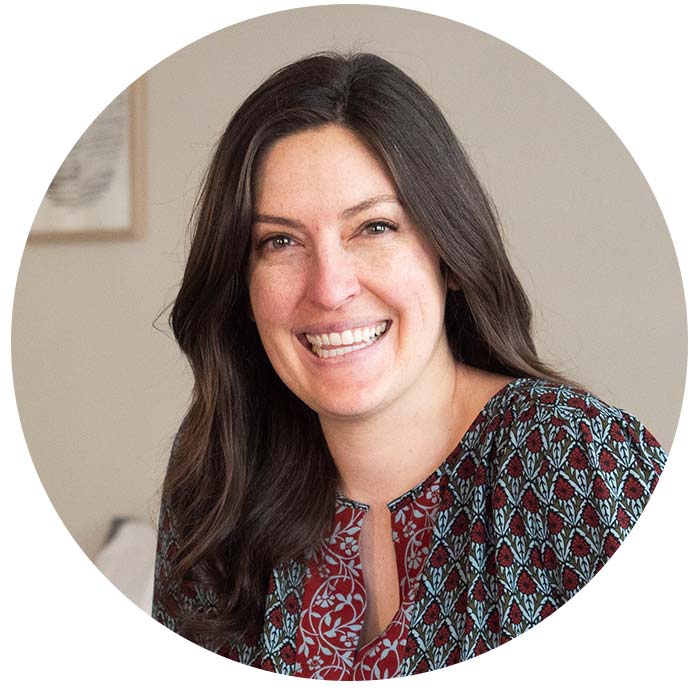World Sleep Day (March 15) is a celebration of sleep. According to the World Sleep Society, which hosts the annual event, it’s “a call to action” regarding sleep health issues ranging from sleep medicine and education to how sleep impacts us socially and emotionally.
With that sentiment in mind, we’ve gone through the archives and put together some of our favorite sleep-related tips. If you find a particular tip interesting, follow the link to the full story. Read on to become a more informed sleeper!
Snoring Is Not Only Annoying; It Can Be Harmful

If you snore (or sleep next to someone who does), then you know it can be anything but pleasant. Many people snore and there are a ton of reasons for it, ranging from nasal congestion to the amount of tissue in the back of your throat.
Snoring can also be a symptom of obstructive sleep apnea, which is a potentially serious health condition.
According to the Cleveland Clinic: “Sleep apnea is characterized by episodes of decreased airflow or complete lack of airflow throughout the night. People with sleep apnea may remember waking up frequently during the night gasping for breath. The breathing pauses may be related to reduced blood oxygen levels, which can strain the heart and cardiovascular system. Over time, sleep apnea can increase the risk of cardiovascular disease if it is not treated.”
LiveScience says sleep apnea is super common and affects around 18 million Americans. Symptoms of sleep apnea include snoring, feeling tired all day, gasping or choking at night or having a headache when you wake up in the morning (to name a few).
There are several ways to treat sleep apnea if you do have it. If you’re worried that you have sleep apnea, speak to your doctor, who can either diagnose you based on symptoms you describe or refer you for a polysomnogram (an overnight sleep test) to check for signs of sleep apnea.
Check out more sleep myths here.
You Can Combat Social Isolation By Getting Good Sleep

Research from 2018 found that sleep-deprived people tend to feel lonely and avoid social contact. Sleep-deprived people were not only more likely to isolate themselves; they were also more likely to repel other people. Additionally, well-rested people were more likely to feel lonely after encountering a sleep-deprived person.
This seems to suggest that sleep deprivation might trigger social isolation and that these feelings of loneliness might be contagious. Researchers concluded that sleep deprivation might play a role in the national loneliness epidemic.
Learn more about the study and its implications.
The Amount And Type Of Sleep We Need Evolves As We Age

Sleep habits change with age. When we’re younger, it’s much easier to party (or study) all night. But as you age out of your early twenties, it’s not unusual to find yourself yawning as soon as you get home from your job or waking up before sunrise. People who previously never napped might find themselves exhausted at midday, or night owls may discover their bedtime getting earlier and earlier over time.
The recommended amount of sleep for each age group varies widely. Babies, children, and teens need a lot of sleep each night. The American Academy of Sleep Medicine (AASM) and the Centers for Disease Control and Prevention (CDC) recommends:
-
- Infants ages four to 12 months should sleep 12 to 16 hours a day (including naps)
- Toddlers ages one to two years old should get 11 to 14 hours (including naps)
- Kids ages three to five should get 10 to 13 hours (including naps)
- Kids who are six to 12 years old need 9 to 12 hours
- Teens aged 13 to 18 need eight to 10 hours
- Adults ages 18 and over should get at least 7 hours of sleep every night
- Adults ages 61 to 64 should get 7 to 9 hours
- Adults ages 65 or over should get 7 to 8 hours per night
Read more about age and sleep.
There Are Different Types Of Naps

There are three main types of napping:
- Planned: a planned nap is when you nap on purpose so you don’t feel tired later
- Emergency: an emergency nap is when you stop what you’re doing due to exhaustion and sleep for a bit to raise your energy
- Habitual: a habitual nap is when you regularly sleep at the same time every day as part of your usual schedule
Experts generally recommend napping for 10 to 30 minutes. For most people, a nap of this length won’t cause grogginess upon waking and won’t interfere with nightly sleep (especially if you avoid napping in the late afternoon or evening). Short naps are a great tool to help you get extra energy and carry on with your day.
Learn everything you should know about naps.
It’s Time To Buy A New Mattress When …
The general rule of thumb is that durable mattresses made with high-quality materials will outlast lower-quality ones. The level of wear and tear a mattress undergoes will also be a factor in how long it lasts.

If you’re not sure whether it’s time to get a new mattress, here are some general guidelines from the Better Sleep Council:
- It’s been seven years (or more) of pretty consistent mattress wear.
- You wake up with stiffness, numbness, aches, and pains.
- You realize you got a better night’s sleep somewhere other than your own bed (such as at a hotel).
- Your mattress shows visible signs of overuse (e.g. it sags or has visible tears, holes, staining, or damage).
- You are usually tired despite getting a full night’s sleep.
Check out our Ultimate Mattress Buying Guide.
[Editor’s Note: The content provided on this site is for general informational purposes only. Any information provided is not a substitute for professional medical advice. We encourage you to consult with the appropriate health expert if you have concerns.]
Featured image: paulaphoto/Shutterstock

